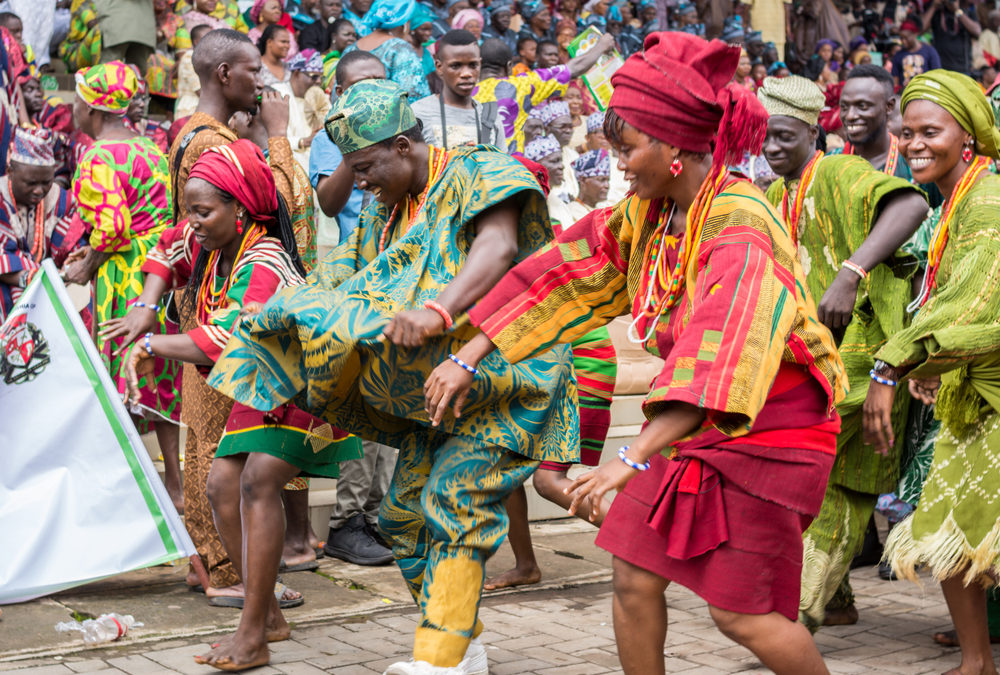Nigeria’s culture is a colourful mosaic of traditions, art, and beliefs shaped by hundreds of ethnic groups. This diversity is celebrated in vibrant festivals, traditional weddings, and daily life, showing a deep reverence for heritage alongside a keenness for contemporary trends. Family plays a pivotal role, with great respect for elders and emphasis on communal living.
Daily Life
Life for urban Nigerians is a balancing act between the fast-paced demands of city living and the laid-back ethos of traditional values. Nigerians start their day early, often with a hearty breakfast of local delicacies like Akara (bean cakes) or Ogi (fermented cereal pudding). Commuting in cities like Lagos or Abuja can be an adventure, with colourful buses and bustling markets lining the streets.

Work and family are central to Nigerian life. The work ethic is strong, with most people engaged in diverse sectors such as finance, technology, and services. Yet, family ties remain tight, with weekends and evenings reserved for family gatherings and communal activities, reflecting a harmonious blend of professional and personal life.
Culture and Traditions
Culture in Nigeria is a tapestry of ethnic diversity, with over 250 ethnic groups each contributing to the country’s rich cultural heritage. Traditional music, dance, and art are integral parts of Nigerian life, with events like weddings and festivals showcasing the country’s cultural wealth. Nigerian attire, known for its bright colours and intricate designs, is proudly worn at these occasions, symbolising the country’s aesthetic sensibility.
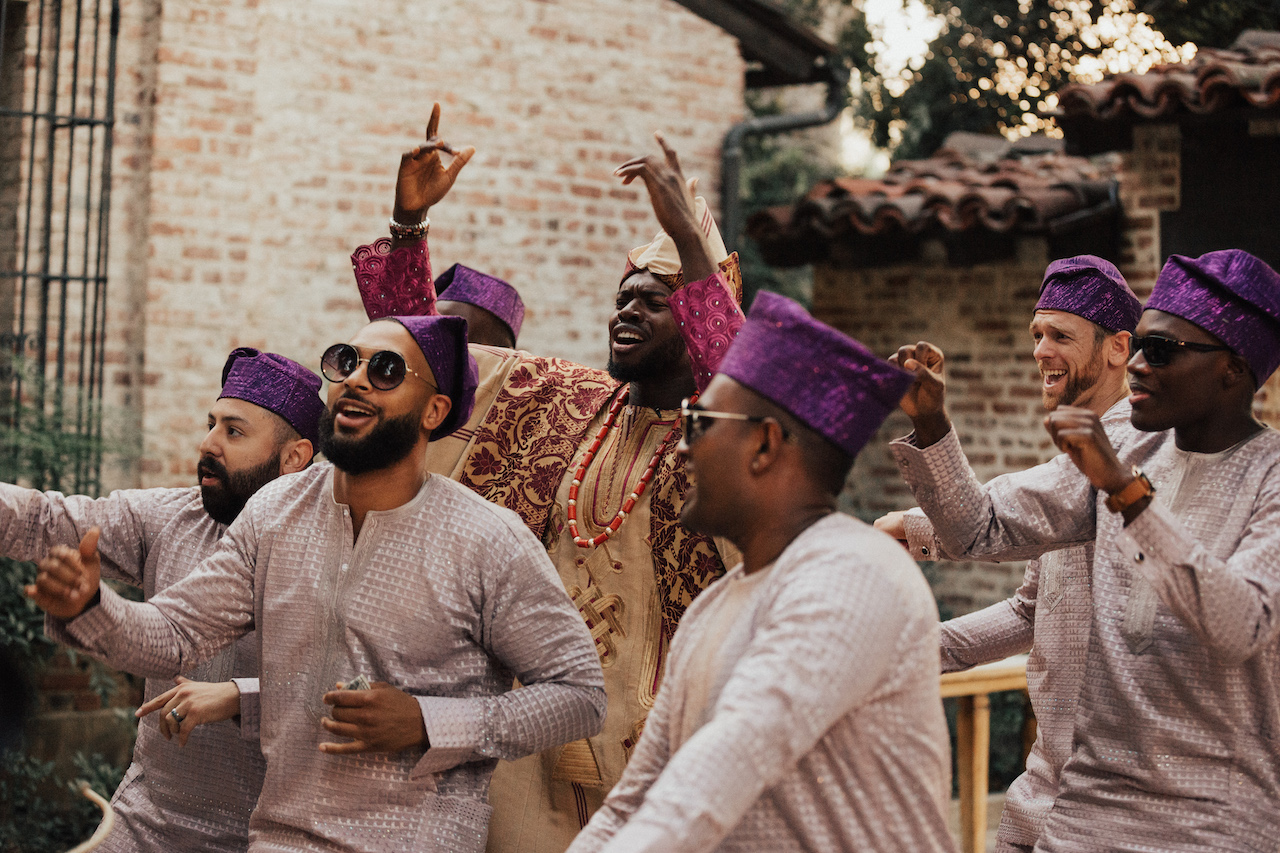
Nigerian Cuisine
The culinary landscape in Nigeria is as diverse as its people, with dishes that tantalize the taste buds. Food is a central aspect of Nigerian life, reflecting the country’s agricultural abundance and cultural diversity. Staples like Jollof rice, Pounded Yam with Egusi soup, and Suya (spicy skewered meat) are not just meals but an expression of Nigerian culinary heritage. Urban middle-class Nigerians enjoy both street food and international cuisine, but home-cooked meals remain the heart of culinary tradition.
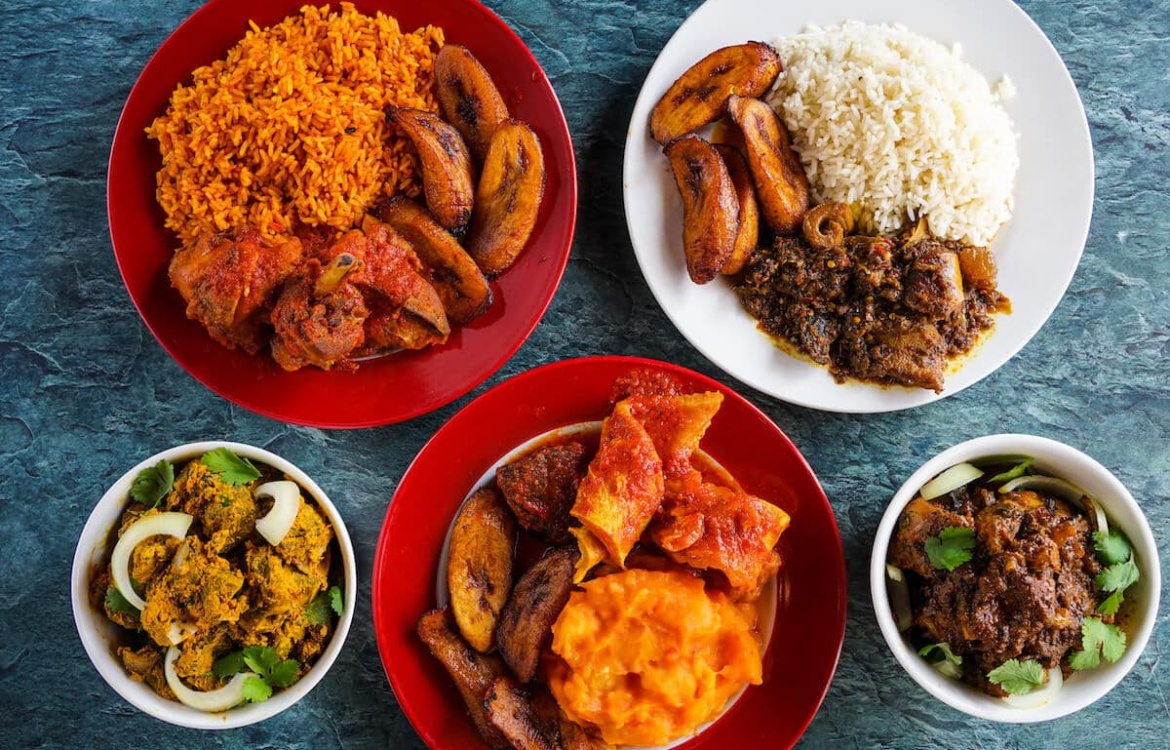
Entertainment and Socialising
Entertainment in Nigeria is a booming industry, with Nollywood, the country’s film sector (and Africa’s biggest), producing movies that resonate across Africa. Music is another vital aspect, with genres like Afrobeats gaining international acclaim. Urban Nigerians love to socialise, with nightlife in cities like Lagos being legendary. Clubs, bars, and lounges are common gathering spots, where people unwind and connect.
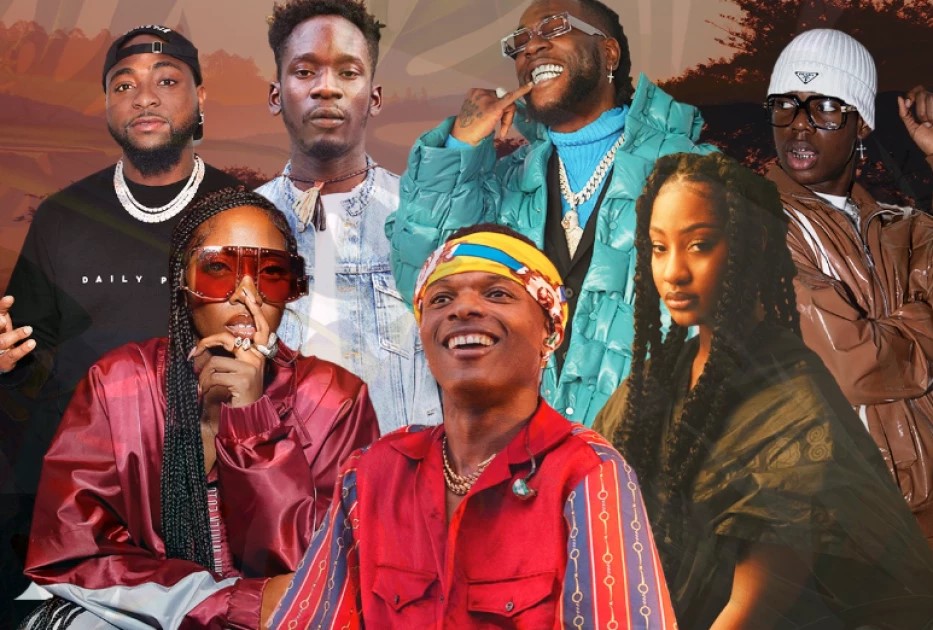
Language and Communication
Despite the linguistic diversity, English serves as the official language, facilitating communication across different ethnic groups. However, languages like Hausa, Yoruba, and Igbo are widely spoken, reflecting the country’s multi-ethnic identity. In daily interactions, Nigerians are known for their politeness and warmth, often using titles and respectful greetings.
Religious Diversity and Harmony
Religion is another cornerstone of Nigerian life, with Christianity, Islam, and traditional African religions coexisting relatively harmoniously. This religious diversity is evident in the daily lives of Nigerians, where mosques and churches often stand in close proximity.
Hospitality the Nigerian Way
Nigerians are renowned for their hospitality, treating each other and foreign visitors with immense respect and kindness. Visitors to Nigeria often speak of the warm reception and friendliness of the local people, making their stay memorable. One tradition to highlight is the breaking of kola nuts with guests, especially in Igboland. The kola nut is a symbol of hospitality and is the first thing given to a guest by a host.
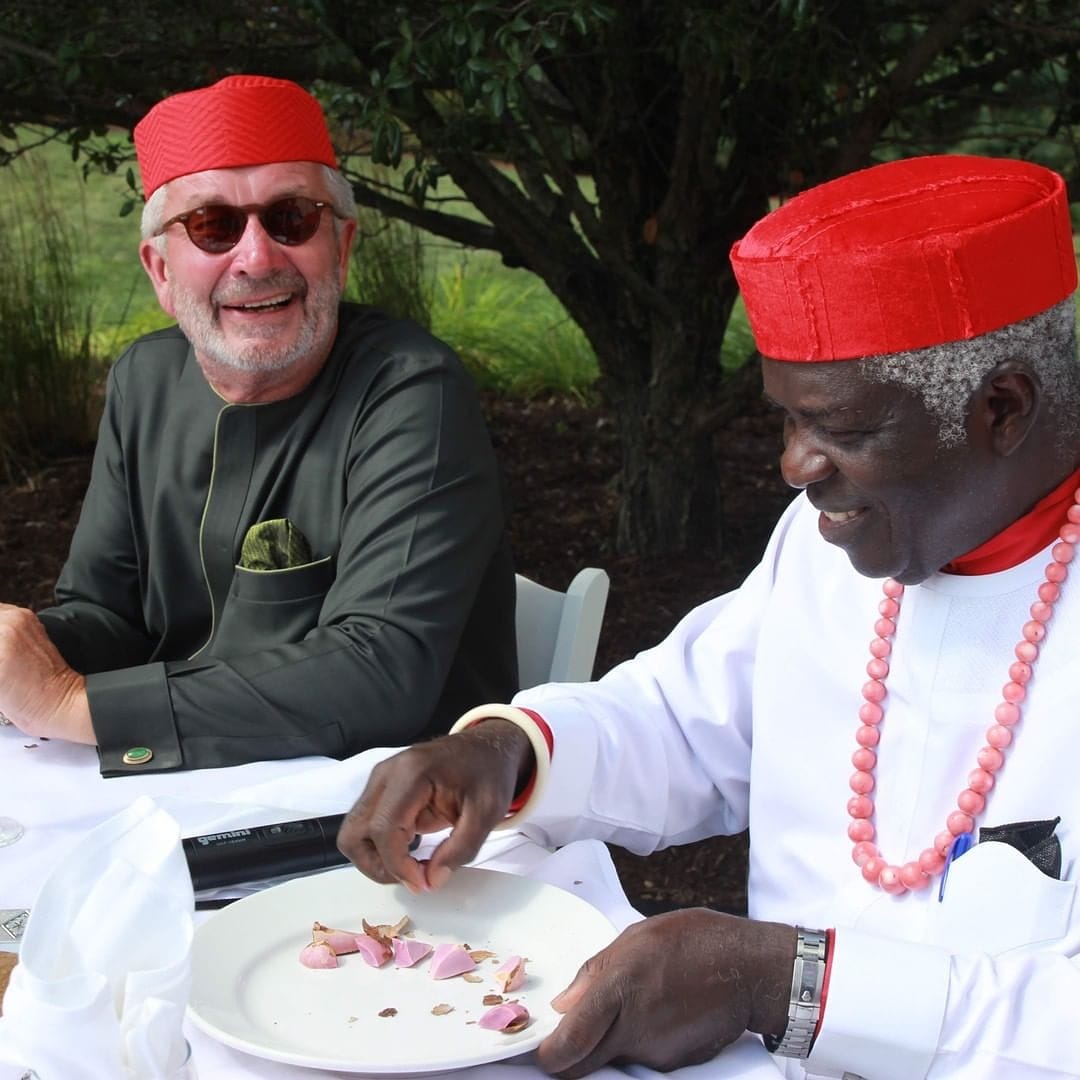
Fashion and Style
Fashion is a vital expression of Nigerian culture, with a thriving fashion industry that blends traditional patterns and fabrics with contemporary designs. Nigerian fashion designers are gaining international recognition, showcasing their creations at global fashion events. Urban middle-class Nigerians are particularly fashion-conscious, often wearing outfits that are a stylish mix of local and international trends.
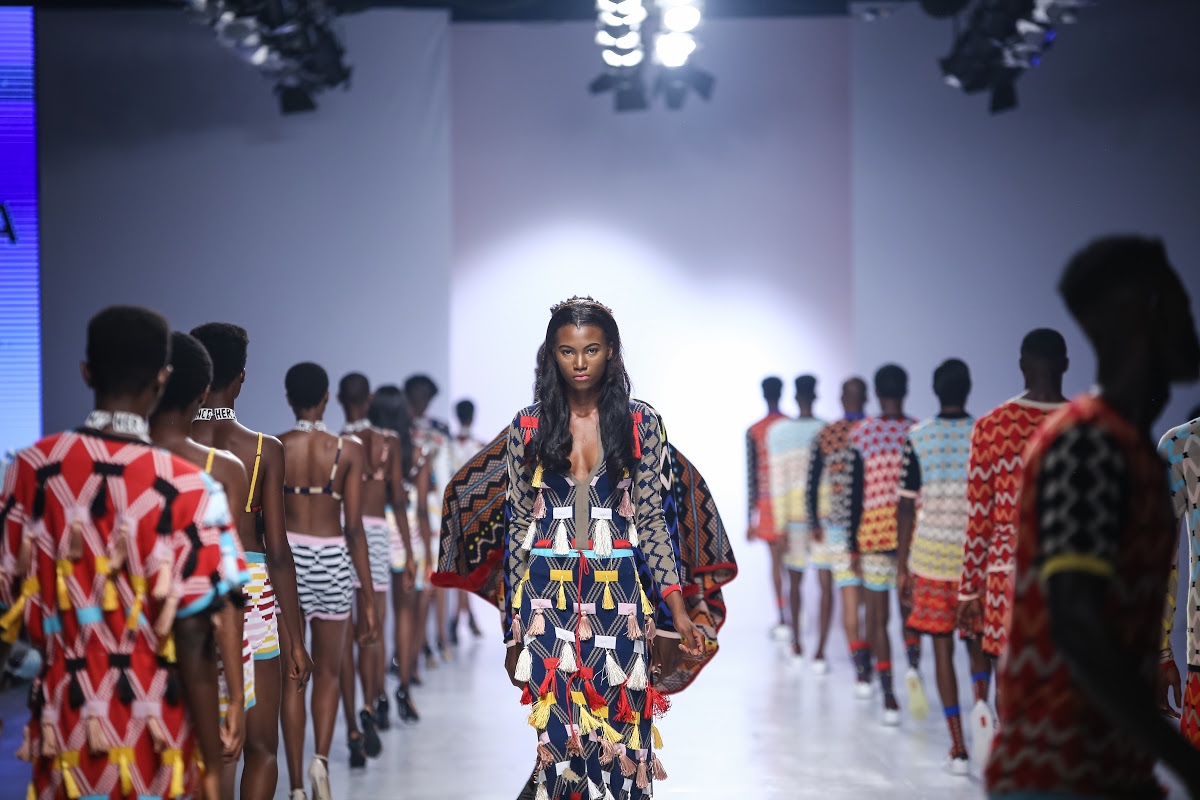
The lifestyle of urban Nigerians is a vibrant and dynamic interplay of modernity and tradition, encapsulated in their daily activities, and social interactions. This rich lifestyle offers a window into the soul of one of Africa’s most fascinating countries.

